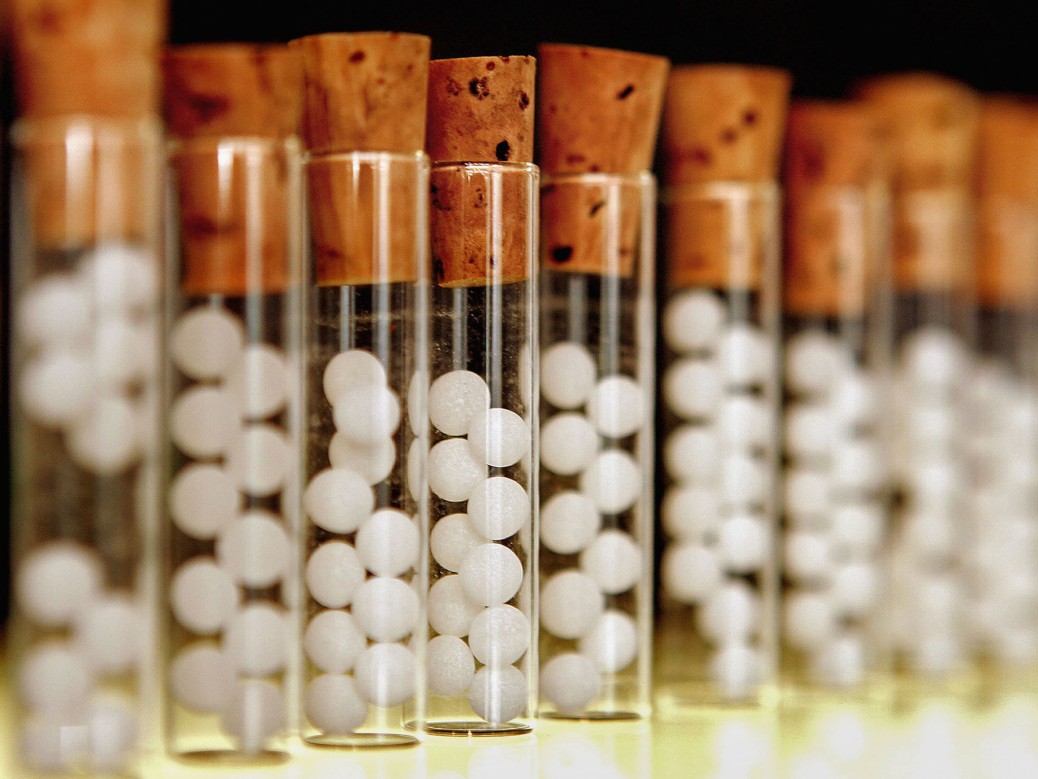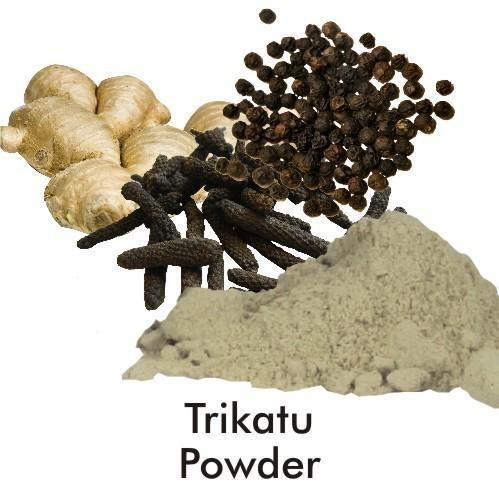Nasal polyps are soft, painless, noncancerous growths on the lining of your nasal passages or sinuses. They hang down like teardrops or grapes. They result from chronic inflammation and are associated with asthma, recurring infection, allergies, drug sensitivity or certain immune disorders.
Small nasal polyps may not cause symptoms. Larger growths or groups of nasal polyps can block your nasal passages or lead to breathing problems, a lost sense of smell and frequent infections.
Nasal polyps can affect anyone, but they’re more common in adults. Medications can often shrink or eliminate nasal polyps, but surgery is sometimes needed to remove them. Even after successful treatment, nasal polyps often return.
Symptoms
Nasal polyps are associated with irritation and swelling (inflammation) of the lining of your nasal passages and sinuses that lasts more than 12 weeks (chronic sinusitis).
- A runny nose
- Persistent stuffiness
- Postnasal drip
- Decreased or absent sense of smell
- Loss of sense of taste
- Facial pain or headache
- Pain in your upper teeth
- A sense of pressure over your forehead and face
- Snoring
- Frequent nosebleeds
Risk Factors
Any condition that triggers long-term irritation and swelling (inflammation) in your nasal passages or sinuses, such as infections or allergies, may increase your risk of developing nasal polyps.
Conditions often associated with nasal polyps include:
- Asthma, a disease that causes the airway to swell (inflame) and narrow
- Aspirin sensitivity
- Allergic fungal sinusitis, an allergy to airborne fungi
- Cystic fibrosis, a genetic disorder that results in abnormally thick, sticky fluids in the body, including thick mucus from nasal and sinus linings
- Churg-Strauss syndrome (eosinophilic granulomatosis with polyangiitis), a rare disease that causes the inflammation of blood vessels
- Vitamin D deficiency, which occurs when your body doesn’t have enough vitamin D
Complications
Nasal polyps can cause complications because they block normal airflow and fluid drainage, and also because of the long-term irritation and swelling (inflammation) underlying their development.
Potential complications include:
- Obstructive sleep apnea. This is a potentially serious condition in which you stop and start breathing frequently during sleep.
- Asthma flare-ups. Chronic sinusitis can worsen asthma.
- Sinus infections. Nasal polyps can make you more susceptible to sinus infections that recur often.
Prevention
You may help reduce your chances of developing nasal polyps or having nasal polyps recur after treatment with the following strategies:
- Manage allergies and asthma. Follow your doctor’s treatment recommendations. If your symptoms aren’t well controlled, talk to your doctor about changing your treatment plan.
- Avoid nasal irritants. As much as possible, avoid breathing airborne substances that are likely to contribute to swelling or irritation in your nose and sinuses, such as allergens, tobacco smoke, chemical fumes, and dust and fine debris.
- Practice good hygiene. Wash your hands regularly and thoroughly. This is one of the best ways to protect against bacterial and viral infections that can cause inflammation of the nasal passages and sinuses.
- Humidify your home. Using a humidifier may help moisten your breathing passages, improve the flow of mucus from your sinuses, and help prevent blockages and inflammation. Clean the humidifier daily to prevent bacteria from growing.
- Use a nasal rinse. Use a saltwater (saline) spray or nasal wash to rinse your nasal passages. This may improve mucus flow and remove allergens and other irritants
Homoeopathic Treatment
- Allium Cepa: Effective in homeopathic treatment for Nasal Polyps in patients with allergic rhinitis. There is continuous burning discharge from nose and watering from eyes along with a dull headache.
- Calc. Carb: Swelling at the root of the nose. Patient is fair, fat, flabby and perspiring. Patients suffer from cold at every change of weather.
- Sanguinaria: Good remedy in homeopathic treatment for Nasal Polyps which is generally right-sided. There is a thick, yellow, burning discharge from the nose











